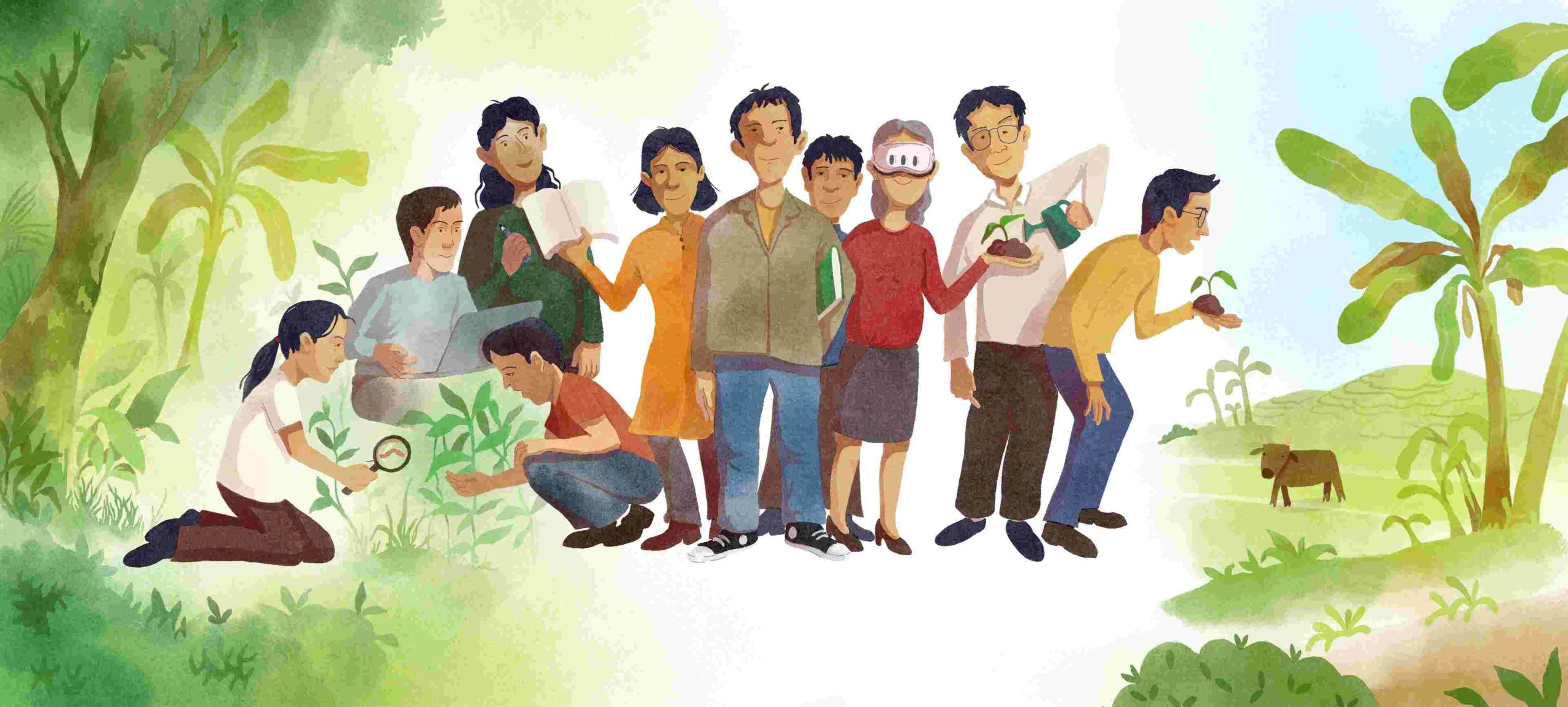| Project’s Name | Sustainability Issues Metaverse for building Participatory Learning Environments (SIMPLE) |
| Project’s Partners | Institut de Recherche Pour le Developpement (Coordinator) Can Tho University National Science and Technology Development Agency |
| Website | https://project-simple.eu/ |
| Location of the action | Cambodia, Laos, Thailand, Vietnam |
| Duration of the action | 48 months from 1st May 2023 to 30th April 2027 |
| Call | EU ASEAN Green Partnerships |
| Contracting authority | European Commission |
| Total costs | 3.113.776,27 EUR |
| Co-funded by EU | 2.498.250 EUR |
| Objectives | The general objective of SIMPLE is to raise awareness of young audiences on the challenges of finding sustainable solutions to environmental problems by developing, testing, and delivering a “sustainability metaverse”, i.e., an infrastructure and a set of pedagogical methods based on immersive virtual reality environments, serious games, and scientific simulations. SIMPLE will work in close cooperation with authorities, CSOs and educational actors in the Lower Mekong countries (Cambodia, Laos, Thailand and Vietnam) to test the relevance of these approaches, to enable a better participation of young citizens and a better understanding of the impact of proposed policies on local case studies, selected for their importance and universality. This general objective is broken down into three specific objectives: |
| Target groups | Youth (primary and secondary students): representative groups of students from both primary and secondary levels, from different environments (rural, urban, vulnerable communities, gender balanced groups). |






